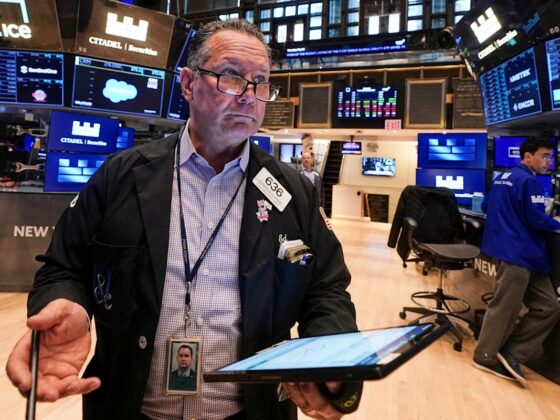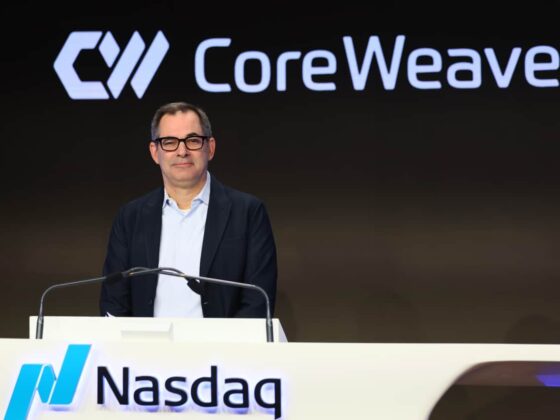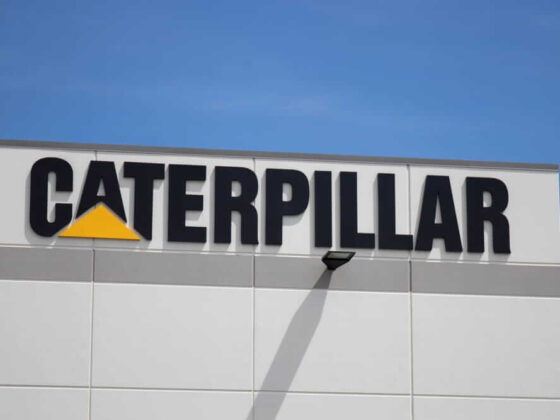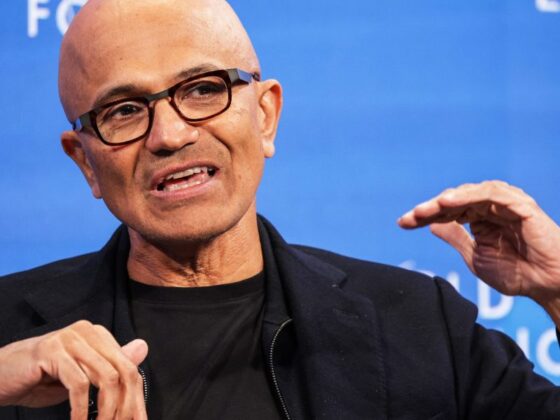Unlock the Editor’s Digest for free
Roula Khalaf, Editor of the FT, selects her favourite stories in this weekly newsletter.
Here’s a paper:
We examine how selection bias in CEO promotion amplifies risk-taking, using prenatal exposure to pollution as an exogenous shock to individual risk preferences.
The idea is that reckless CEOs are born that way. The question it seeks to answer relates to whether is whether companies with a high-risk-tolerance culture tend to choose a CEO with a similar character, or whether companies unintentionally promote risk-takers based on their luck:
If promotion systems reward executives whose risky decisions happened to succeed in low-stakes environments, firms may unknowingly elevate individuals whose leadership style reflects survivorship bias rather than skill. This concern is especially relevant for internal candidates, who account for over 70 per cent of CEO appointments
The study’s authors — P. Raghavendra Rau, YiLin Wu and Richard Lok-Si Ieong — choose as their measure the “biological shock” of prenatal exposure to pollution. It’s a different approach to previous research on risk tolerance and early life, which has concentrated on after the CEO is born.
Children of the Great Depression, for example, show heightened financial risk aversion on becoming CEOs except when their families were rich enough to shield them from hardships. Children exposed to fatal natural disasters in childhood become risk-taking CEOs, but that might be because they were raised by a family that chose to live in a disaster-prone region. Having rich or reckless parents will affect a person’s career path in countless hard-to-measure ways, so it’s hard to unpick behavioural effects from corporate selection effects. Taking it all the way back to conception removes these complicating factors, the authors argue.
There’s a good amount of evidence that if a baby is exposed to toxic chemicals in the womb, they’ll turn out more impulsive and aggressive, more prone to ADHD, and at a higher risk of adult criminality.
The paper’s method is to estimate a CEO’s likelihood to develop these traits based on whether they were born near US industrial pollution blackspots known as Superfund sites, which they grade by toxicity at the date of birth. There were more than 1800 such sites in the US as of December 2018.
Being born near a hazardous waste site makes a person less likely to become a CEO, the study finds, which might be for biological or economic reasons. However, being exposed to pollution makes a person more likely to be promoted to CEO.
Nearly all of the CEOs included in the dataset were born before such environmental dangers were widely recognised, so the data offers a clean-ish measure of innate risk appetite, the authors contend. The lines on the chart below mark the publication of Rachel Carson’s influential exposé of the chemicals industry, Silent Spring; the formation of the US Environmental Protection Agency; and the proposal of the Superfund Act that passed into law in 1980:
The study also finds that so-called Superfund CEOs are not disproportionately represented in high-risk sectors. The employees who rise to the top job in Superfund counties will tend to have been hired locally, whereas non-Superfund CEOs are more likely to be external appointments.
From this, the authors make some inferences about how prenatal toxic load affects management style:
Non-Superfund CEOs may advance through consistent, low-variance performance. Superfund CEOs, by contrast, are more likely to take high-variance internal risks — such as aggressive restructuring — that sometimes generate standout outcomes. When these gambles pay off, they are difficult to distinguish from skill. Firms, observing only results, may systematically promote risk-takers whose behavior is only revealed under the high-stakes pressure of exposed decision-making. This survivorship-driven selection bias offers a novel explanation for why some CEOs perform well in internal roles but falter once promoted.
Empirically, we find that Superfund CEOs are significantly more likely to be promoted internally rather than hired externally, suggesting that firms place considerable weight on prior internal success. Once in office, these CEOs pursue significantly riskier external financial policies — higher leverage, lower cash holdings, and more unrelated acquisitions. Their firms exhibit greater stock return volatility, lower credit ratings, and higher borrowing costs.
There’s quite a bit of guesswork underlying this claim. The study does not directly observe an executive’s decision-making before they became boss. The Peter principle is a convincing explanation, not a demonstrable trend.
Instead, the study measures consequences. A company whose CEO was born in a county with one Superfund site will add nearly 19 per cent to its bankruptcy risk score and make default more than 7 per cent more likely, it finds. Buy-and-hold stock returns are slightly worse, but probably not by enough to turn into a factor.
There is, however, also an unusually high number of Superfund CEOs leading companies on Fortune’s America’s Most Admired Companies top 50. It’d make sense that a cohort with a higher propensity to gamble will result in a few winners and a lot of losers.
The paper concludes:
Our findings help explain why firms may systematically overpromote risk-takers whose internal success reflects luck, not skill. In doing so, we show how performance-based promotion systems can inadvertently channel high-risk individuals into positions where their traits are misaligned with the demands of the role — creating a structural source of firm-level risk that is both hidden and difficult to correct.
Whatever you make of the argument, the dataset does throw up one odd quirk. America’s most toxic county, with 23 active Superfund sites, is Santa Clara County in California. Santa Clara is also where nearly all US tech companies have their headquarters.
Silicon Valley, the spiritual home of risk-taking and creative destruction, was built around the toxic legacies of local operators including Intel, HP, Applied Materials and National Semiconductor. We’re not saying there’s any connection. It’d be very wrong to suggest that US tech management culture is a byproduct of poisoning unborn babies mildly enough that they become CEOs and run companies into bankruptcy. That’d be ridiculous, reductive, and borderline offensive. All we’re doing is noting the correlation.
Further reading:
— Narcissist CEOs like risky insider trading and are bad at it: study (FTAV)













